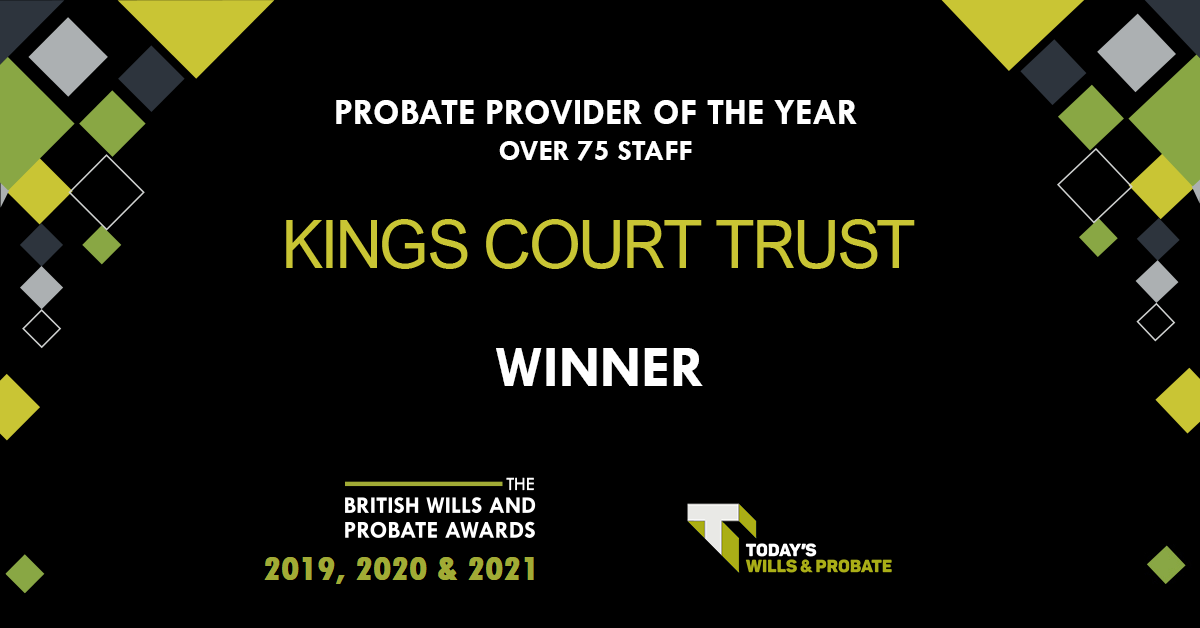When somebody we love dies, it can knock even the most emotionally sturdy of us completely sideways. The strength of our reaction will depend not only on how the person died, but also on our relationship with them. Cynthia Spillman shares her experience of bereavement and offers advice to the newly bereaved and those supporting them and tries to answer the question 'what to do when someone dies?'
The only way is up
A sudden death is likely to cause much more distress than a loss which was anticipated. In any case, the healing process will take time and certainly can’t be rushed. Even though we all know that, at some stage, we’re going to experience significant loss, we tend to avoid facing our feelings head-on. In this article, I’ll make suggestions that I hope will help you to navigate through grief.
Where do I begin?
If at all possible, do go to say goodbye to your loved one, either in the hospital, funeral home or at the funeral ceremony itself. This is very important and is a step towards achieving closure. It’s common, but misguided, to prevent children from attending the funeral. Research demonstrates that it’s far better - and less harmful - for children to face the reality of death, than perhaps to fantasise about what has happened to their loved one. Often it’s actually parents’ own fears of not being able to cope with their upset child which is the real issue. Children might react totally differently to a loss than an adult. I would not recommend presuming to know how they’re feeling and projecting our own feelings onto them.
Immediately after the death, it’s perfectly normal to feel desperate with grief and despair. I lost Anthony, my five year old son, in 1987. I felt completely disconnected from the rest of the world and struggled to understand how life could just carry on – how I could carry on – after such a catastrophic loss? I offer the following advice:
If you’re newly bereaved, do find a non-judgemental confidante – ideally, someone with whom you’re comfortable talking about your feelings. Then, remember always to take it one day at a time and be gentle on, and look after, yourself.
If you’re supporting a bereaved person, just be there for them – you don’t have to try to fix the unfixable, you just need to listen. Don’t be afraid to touch or hug the bereaved person – but do take your lead from them. I also think that if you don’t know what to say, it’s much better to say so upfront if you can, rather than to risk saying the wrong thing or – worse – saying nothing at all.
Establish a support network
Grief ebbs and flows to its own rhythm. I found it enormously helpful to meet up regularly with a parent who had also lost a young child – and who had gone on to live a contented life, despite her terrible loss. Dinah was a winner for me because, having survived her own loss with dignity, she offered me hope.
You might therefore want to seek out a bereavement peer support group. You might be pleasantly surprised by who comes forward - Dinah was a total stranger, introduced to me by a mutual friend, and we’ve enjoyed an enduring friendship for 24 years.
Lastly, professional support has its role, particularly if you can find someone who has “been there”. Whatever approach you choose, at all costs do avoid trying to heal the pain with alcohol or drugs. Reality will still be there when you come to. It’s far better to access the courage within to face those feelings and to sit with, and process, them. If in doubt, or difficulty, always consult your doctor.
Special days – high days and holidays
Birthdays, Christmas, anniversaries and family get-togethers can be especially difficult. My advice is to plan ahead to the special day, allow yourself an escape route and, if your feelings are still too raw don’t feel that you absolutely have to go. Mark the day in a way which feels appropriate to you. I can’t emphasise it enough: give yourself time.
Pay it forward
When you’ve healed sufficiently, reach out and help someone else. The rewards will be tremendous and you’ll also be honouring your loved one. Eventually some normality will return to life . You’ll never forget your loved one, but you’ll learn to live with the loss. At times, the sadness will return. But you will have survived and hopefully helped someone else answer the question of 'what to do when someone dies?'
Cynthia Spillman (www.cynthiaspillman.co.uk) is an expert on overcoming adversity and bereavement, a Director of Chosen Inheritance, (www.choseninheritance.co.uk) and Bereavement Director of probatesupermarket.com (www.probatesupermarket.com).





%20A4%20PNG.png?width=89&height=118&name=AGFD%20Logo%20%2B%20(R)%20A4%20PNG.png)

